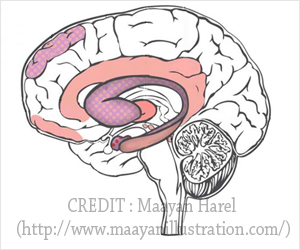Clinical interviews that involves asking questions about work maybe an effective way to predict women who are at a risk of depression after childbirth.

TOP INSIGHT
Clinical interviews may be an effective screening tool to identify women who are at a risk of postpartum depression.
METHOD: From April 2003 to March 2009, researchers recruited 343 pregnant women who were not suffering from depression at the time of conception but who had been diagnosed with major depressive disorder at some time prior to pregnancy. Women with bipolar disorder, schizophrenia or a substance abuse disorder were not included.
Scientists enrolled participants in the study between 12 and 36 weeks gestation. A study psychiatrist assessed each woman's mood and psychotropic medication at least twice, once within 60 days before their babies' due dates and again within 60 days after delivery. The researchers used structured, clinical interviews including questions about work activities and difficulties, insomnia and suicidal thoughts.
IMPACT: In contrast to previous studies, UCLA researchers found that among women with prior histories of major depressive disorder but who were not depressed when they become pregnant, only 11 percent developed postpartum depression. That figure is significantly lower than the 25 to 40 percent depression occurrence found in other studies.
Additionally, researchers also found that prescribing preventive antidepressants for this group of women did not affect the risk for developing postpartum depression, and also that a better predictor of postpartum depression were clinical interviews with the women about work activities, insomnia and suicidality.
 MEDINDIA
MEDINDIA



 Email
Email










